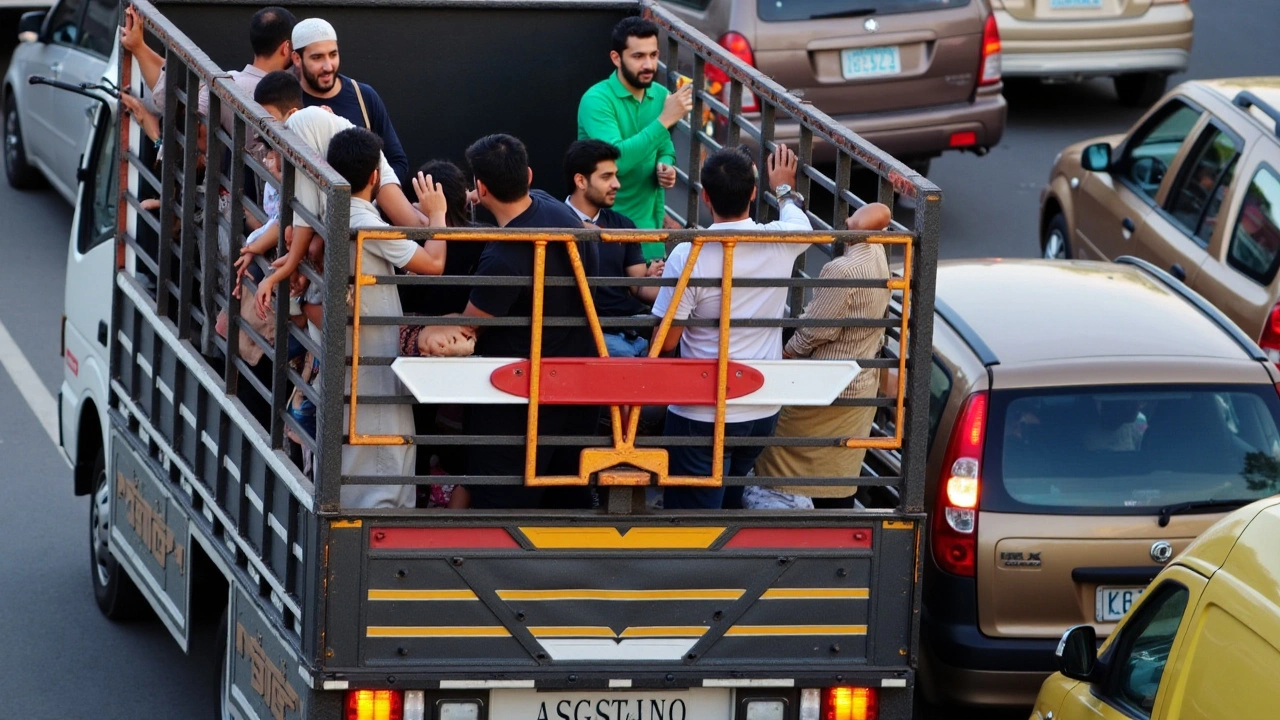Civilian casualties refer to innocent people who get hurt or lose their lives during armed conflicts or violence. These are everyday folks—men, women, kids—who are not involved in fighting but often face the worst consequences. Unlike soldiers or combatants, civilians don’t choose to be part of wars, so their suffering often raises tough questions about humanity and conflict rules.
Why are civilian casualties so common? Well, war zones are unpredictable and chaotic. Sometimes, it’s accidental—bombs or gunfire hitting places where people live and work. Other times, civilians become targets either deliberately or because fighters use them unjustly as shields. Modern urban warfare increases the risks as battles occur within cities packed with civilians.
The effects of civilian casualties go beyond just the immediate injury or death. Families lose breadwinners, children lose parents, and communities lose their sense of safety and normal life. Hospitals and schools might get destroyed, making recovery slow and difficult. Plus, survivors often suffer psychological trauma that lasts a lifetime.
Besides the human cost, civilian casualties also cause long-lasting social and economic damage. Displacement from homes forces people into refugee camps or unsafe areas. Local economies stall as businesses close and agriculture is disrupted. So what might seem like temporary violence ends up reshaping regions for years.
Keeping updated on civilian casualties is crucial if you want to understand conflicts deeply. It helps to read reports from reliable news sources, humanitarian organizations, and trusted analysts. They often provide clear numbers and context, shedding light on situations that might otherwise be forgotten.
Supporting efforts to protect civilians can make a difference. This can mean advocating for better international laws, backing aid organizations, or even just raising awareness about how innocent people pay the highest price in wars. Every voice counts when it comes to pushing for peace and safety where it’s needed most.
Understanding civilian casualties is tough but necessary. It reminds us that behind every news headline, there are real people whose lives are shattered. We can’t ignore those stories if we want a world that values human life—even in the darkest times.
Posted by
Siseko Tapile
7 Comments

Global leaders are expressing heightened concerns about escalating violence following severe Israeli air strikes in Lebanon. The bombardments, marking Israel's most intense offensive since the Lebanese civil war, have sparked fears of broader conflict. International voices are calling for immediate measures to reduce tensions and protect civilians in the region.
read more